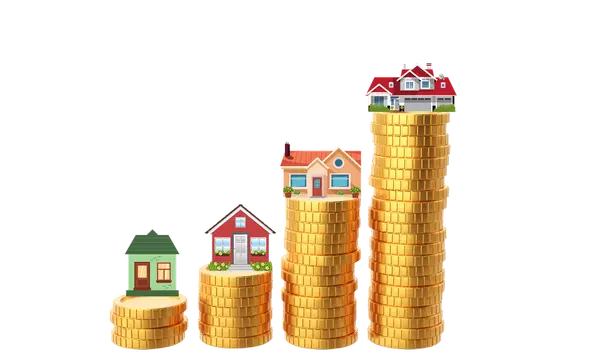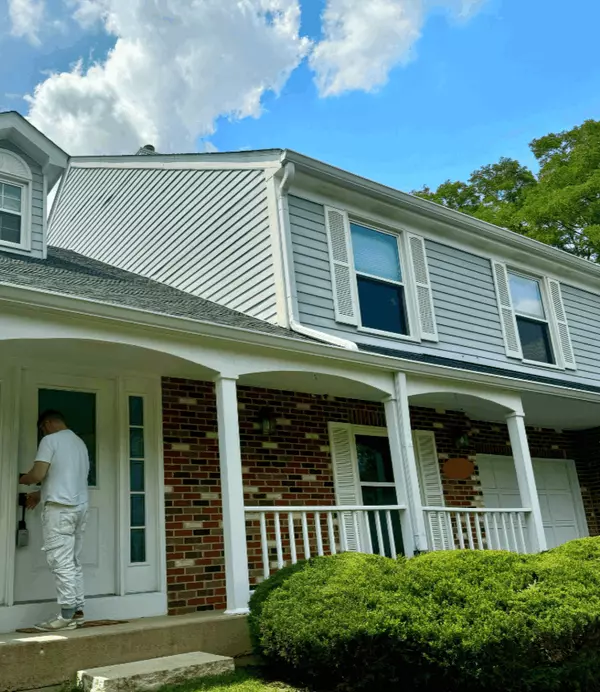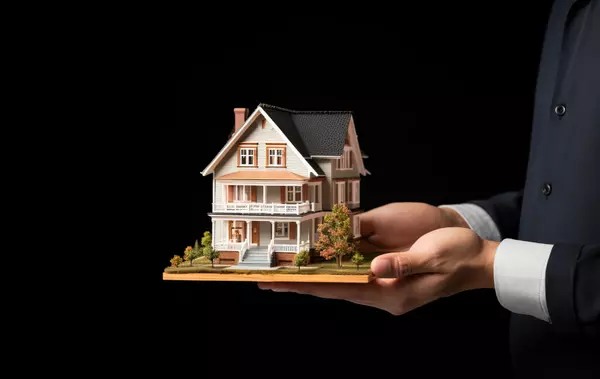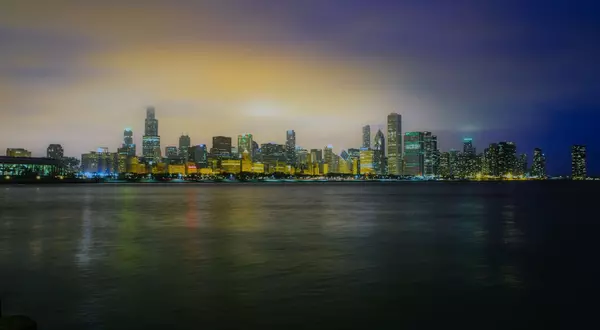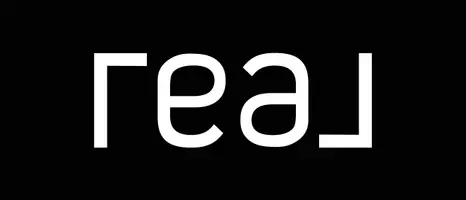
Exploring the Affordability of Renting vs. Buying Luxury Homes in Chicago
Exploring the Affordability of Renting vs. Buying Luxury Homes in Chicago Introduction In the world of real estate, the decision between renting and buying is often a tough one. This is especially true in the luxury market of Chicago, where both options come with their own set of benefits. But what if renting could actually be more affordable than buying? Let’s dive into the details. The Chicago Luxury Market: An Overview Chicago, known for its stunning architecture and vibrant neighborhoods, boasts a thriving luxury real estate market. From sleek high-rise condos in the heart of downtown to sprawling estates in the suburbs, there’s no shortage of high-end properties. However, these come with hefty price tags, often running into millions of dollars. The Cost of Buying Buying a luxury home is a significant financial commitment. Apart from the upfront cost of the property, buyers also need to consider additional expenses such as property taxes, home insurance, maintenance costs, and homeowner association fees. Furthermore, the interest on a mortgage can add up over time, significantly increasing the overall cost of homeownership. The Flexibility and Affordability of Renting On the other hand, renting a luxury home in Chicago can offer more flexibility and potentially lower costs. Renters can enjoy the perks of living in upscale neighborhoods without the long-term financial commitment. They also avoid many of the additional costs associated with homeownership. Plus, renting can provide the opportunity to experience different neighborhoods and home styles, something that isn’t as easily achievable when buying. Case Study: Renting vs. Buying in Chicago Let’s consider a luxury property in Chicago with a market value of $2 million. If purchased with a 20% down payment and a 30-year mortgage at a 3% interest rate, the monthly mortgage payment would be around $6,742. Add in property taxes, insurance, and maintenance, and the monthly costs could easily exceed $8,000. Now, let’s consider renting a similar property. Luxury rentals in Chicago can range from $10,000 to $20,000 per month, but let’s assume a monthly rent of $15,000 for this comparison. While this may seem higher than the mortgage payment, remember that it includes many of the additional costs that homeowners have to cover separately. Plus, renters don’t need to tie up a large amount of capital in a down payment. Conclusion While buying a luxury home in Chicago can be a sound long-term investment, it’s clear that renting can be a more affordable option, especially in the short term. It offers flexibility, less financial risk, and the opportunity to experience the luxury lifestyle without the hefty price tag of homeownership. So, before you decide to buy that luxury home, consider the potential benefits of renting. You might be surprised at how much you could save. *Remember, the choice between renting and buying is highly personal and depends on your financial situation, lifestyle preferences, and long-term goals. It’s always a good idea to consult with a real estate professional or financial advisor before making such a significant decision. Happy house hunting!
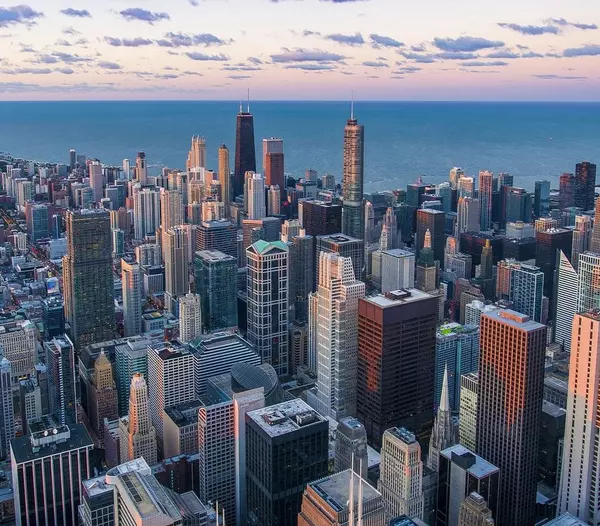
Thriving Trends in Today’s Real Estate in Chicago
The Windy City has always been a dynamic and vibrant real estate market, but today, Chicago's real estate landscape is more exciting and transformative than ever. The evolving needs of buyers, increasing demands from sellers, and shifts in rental trends are all contributing to a bustling market. Furthermore, technological advancements and an increasing emphasis on sustainability are redefining the core elements of real estate. Let's dive into the thriving trends in today’s Chicago real estate market. Sellers Setting the Pace In recent months, Chicago has witnessed a slight shift towards a seller's market. Low inventory and high demand have empowered sellers, granting them more negotiation leverage. One key trend is the increasing importance of staging homes and professional photography. Sellers are investing in high-quality visuals and virtual tours to capture potential buyers' interest online—the first place most house hunters begin their search. Moreover, the trend of multiple offers is back. Many homes, especially those in desirable neighborhoods like Lincoln Park and the Gold Coast, are receiving multiple bids, pushing prices higher. This often results in bidding wars, which can be both exciting and stressful for potential buyers. Empowered and Informed Buyers While sellers are enjoying more power, buyers are becoming increasingly sophisticated and informed. Technology plays a big role here. With access to various online tools, mobile apps, and virtual reality, buyers can view properties, even down to their tiniest details, from the comfort of their homes. As a result, by the time they step into a real estate office, they have a clear idea of what they want, helping to streamline the buying process. Another trend among buyers is the rising interest in sustainable and smart homes. Homes equipped with energy-efficient appliances, solar panels, and automated systems for temperature control and security are becoming highly attractive. These features not only promise lower utility bills but also align with the growing awareness of environmental sustainability. The Rental Market’s Resurgence The rental market in Chicago has seen significant shifts over the past few years. With many residents working remotely, there's been a notable preference for rentals that offer more space. Areas like West Loop and River North have seen a surge in demand for larger apartments with dedicated office spaces. Interestingly, suburban rentals are also experiencing a boom. Neighborhoods such as Evanston and Oak Park are attracting renters who prioritize larger living spaces and proximity to green areas over being closer to downtown. This shift has pushed property managers to rethink their offerings and adapt to the increasing desire for suburban rentals. Moreover, with younger professionals keen on flexible living arrangements, short-term rentals have become more popular. Platforms like Airbnb and VRBO are seeing a rise in listings, prompting landlords to explore short-term lease models. The Technological Leap The influence of technology on Chicago's real estate market can't be overstated. Digital platforms have streamlined almost every aspect of buying, selling, and renting properties. For instance, blockchain technology is gradually being adopted for secure property transactions, ensuring transparency and reducing fraud. AI-driven analytics are helping realtors and investors make more informed decisions. Predictive analytics can forecast market trends, helping buyers and sellers understand the best times to enter or exit the market. Virtual reality (VR) and augmented reality (AR) are also making a significant impact. Virtual home tours are now a standard offering, giving prospective buyers and renters the ability to explore properties remotely. Sustainability is Key As environmental concerns continue to rise, Chicago's real estate market is seeing an increased focus on sustainability. LEED-certified buildings are becoming more common, with both new constructions and renovations aiming for high standards of energy efficiency and sustainability. Green roofs, rainwater harvesting systems, and solar panels are no longer just features of high-end properties; they are becoming mainstream. Properties that exhibit these sustainable features not only attract environmentally-conscious buyers but also often perform better financially in the long term. Conclusion Chicago's real estate market is in the midst of dynamic change, driven by empowered sellers, informed buyers, shifting rental preferences, and the influential roles of technology and sustainability. For sellers, high demand and low inventory offer a promising landscape. Buyers, equipped with advanced tools and a preference for smart, sustainable homes, are shaping future designs and offerings. The rental market, adapting to new lifestyle demands, continues to expand in both urban and suburban areas. As we look ahead, it's clear that Chicago's real estate scene will continue to evolve in fascinating ways, reflecting broader trends while maintaining the city’s unique characteristics. Whether you are looking to buy, sell, or rent, staying informed about these trends will help you navigate the market effectively and make the best decisions for your real estate needs.
Categories
Recent Posts
